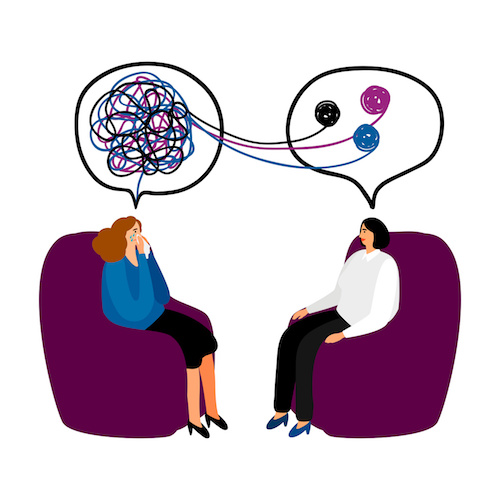How Therapy Can Transform Your Life


In a world where the pressures of daily life are constantly mounting, maintaining mental well-being has become more crucial than ever. Therapy, often misunderstood and underutilized, plays a pivotal role in achieving and sustaining mental health. It is not merely for those facing severe psychological issues but is a valuable tool for anyone looking to improve their quality of life. Here, we explore how therapy can transform your life and why it might be the key to unlocking your best self.
Understanding Therapy
Therapy, also known as psychotherapy or counseling, involves working with a trained mental health professional to address emotional, psychological, and behavioral issues. It provides a safe, confidential space where individuals can explore their thoughts, feelings, and behaviors. Therapists employ various techniques and approaches, such as cognitive-behavioral therapy (CBT), psychodynamic therapy, and humanistic therapy, tailored to meet the specific needs of their clients.
Breaking the Stigma
One of the significant barriers to seeking therapy is the stigma associated with mental health issues. Many people believe that admitting to needing therapy is a sign of weakness or failure. However, this perception is rapidly changing as more individuals and public figures openly discuss their mental health struggles and the benefits of therapy. Recognizing that seeking help is a sign of strength and a proactive step towards self-improvement is crucial.
How Therapy Can Transform Your Life
- Improved Self-Awareness: Therapy encourages self-exploration, helping you understand the root causes of your thoughts and behaviors. Increased self-awareness can lead to better decision-making and more meaningful relationships.
- Enhanced Emotional Regulation: Learning to manage emotions effectively is a core component of therapy. Techniques like mindfulness and cognitive restructuring can help you respond to stress and adversity with greater resilience.
- Better Relationships: Therapy can improve communication skills and interpersonal relationships. By understanding your own needs and boundaries, you can build healthier, more fulfilling connections with others.
- Overcoming Trauma: For those who have experienced trauma, therapy provides a pathway to healing. Therapists can guide you through processing painful memories and developing coping strategies to reduce the impact of trauma on your daily life.
- Increased Confidence and Self-Esteem: Addressing negative thought patterns and self-doubt in therapy can significantly boost your confidence and self-esteem. As you learn to view yourself more positively, you become more empowered to pursue your goals and aspirations.
- Practical Coping Strategies: Therapists equip you with practical tools and strategies to handle life’s challenges. Whether it’s managing anxiety, dealing with depression, or coping with loss, these skills can be invaluable in navigating difficult times.
When to Seek Therapy
There is no wrong time to seek therapy. Whether you are dealing with specific mental health issues, facing a major life transition, or simply seeking personal growth, therapy can be beneficial. Common signs that you might benefit from therapy include persistent feelings of sadness or anxiety, difficulty managing stress, and experiencing problems in relationships or work.

Therapy is a powerful resource for personal transformation. It offers a supportive environment to explore your inner world, develop healthier coping mechanisms, and build a more fulfilling life. By breaking the stigma surrounding mental health and recognizing the value of therapy, you take a significant step toward improving your overall well-being. Remember, seeking help is not a sign of weakness but a courageous move toward a healthier, happier you. Embrace the journey of self-discovery and healing that therapy offers, and unlock the potential for profound, positive change in your life.
